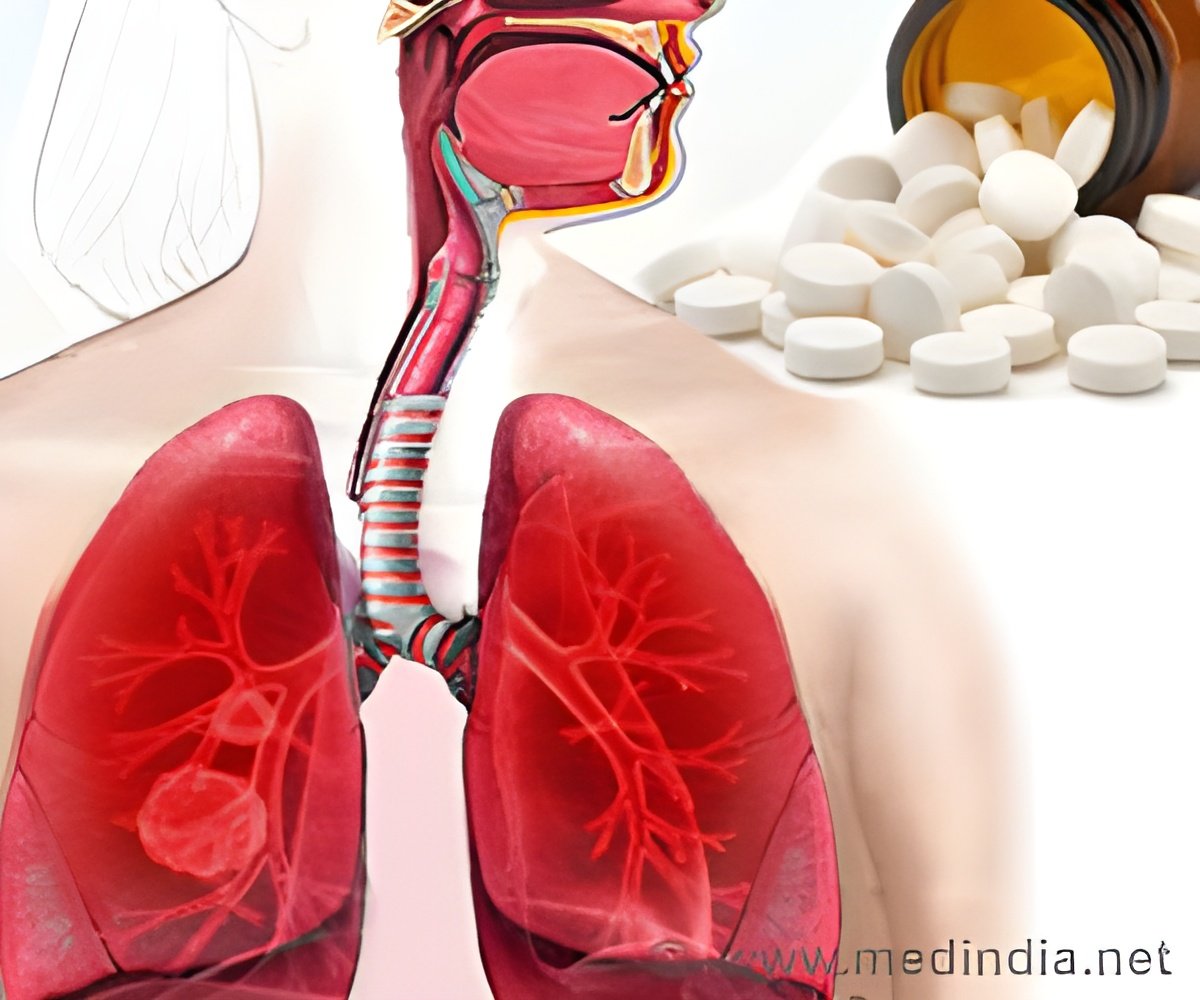Moffitt has initiated a multicenter phase 1b clinical trial to determine the safety and efficacy of a new drug combination for non-small cell lung cancer.

‘Durvalumab and tremelimumab has anti-tumor activity in non-small cell lung cancer patients. The drug combination is active in patients with and without tumor expression of PD-L1.’





Tumor cells develop mechanisms to evade detection by the immune system by expressing a protein called PD-L1. PD-L1 binds to its receptor PD-1 found on immune cells to downregulate their activity. Additionally, immune cells express a molecule called CTLA-4 that inhibits their activation. Durvalumab and tremelimumab are drugs in clinical development that block the PD-1/PD-L1 and CTLA-4 pathways, respectively, and function to restimulate the immune system to target tumor cells. Both drugs have shown promising activity as single-agents in a variety of clinical studies in different tumor types, and it has been hypothesized that combining these two drugs may result in added clinical benefit.
Researchers enrolled 102 patients in with advanced non-small cell lung cancer in the phase 1b study to evaluate the durvalumab and tremelimumab combination therapy. The primary goal was to determine the safety profile of the drug combination and the maximum tolerated dose of each drug.
The researchers found that durvalumab combined with tremelimumab resulted in manageable toxicity. The most common overall adverse events were diarrhea, fatigue, and itching, while the most common high grade adverse events were diarrhea, colitis, and altered pancreas activity. Most toxicities could be reversed by administration of immunosuppressive drugs.
They also found that durvalumab plus tremelimumab has anti-tumor activity in non-small cell lung cancer patients, with 23% of patients achieving either a complete or a partial response in the group treated with 10-20 mg/kg durvalumab and 1 mg/kg tremelimumab. Importantly, the drug combination is active in patients with and without tumor expression of PD-L1.
Advertisement
The clinical activity of durvalumab plus tremelimumab in non-small cell lung cancer patients appears to be greater than either agent alone, as reported in prior studies. These clinical results are promising; however, the data needs to be confirmed in larger trials.
Advertisement
Source-Eurekalert














